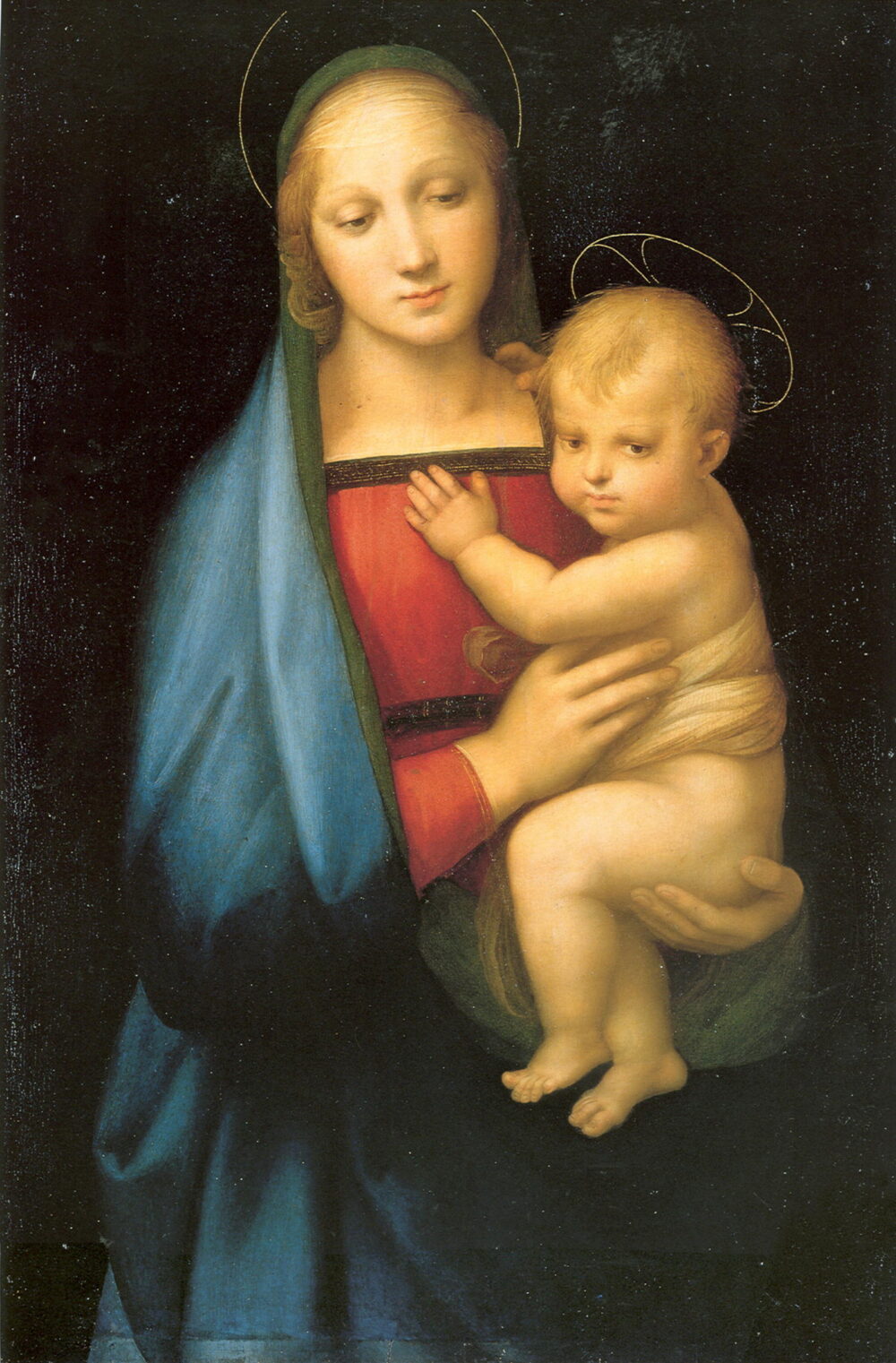It takes all sorts

In Lessons, which I’m currently reading, Ian McEwan has a delicious rant about the way in which Christianity held back science and culture for centuries:
But in the Petit Palais, which Daphne had not visited in thirty years, Roland had what she liked to call ‘a moment’. He retired early from the paintings and waited in the main hall. After she had joined him and they were walking away he let rip. He said that if he ever had to look at one more Madonna and Child, Crucifixion, Assumption, Annunciation and all the rest he would ‘throw up’. Historically, he announced, Christianity had been the cold dead hand on the European imagination. What a gift, that its tyranny had expired. What looked like piety was enforced conformity within a totalitarian mind-state. To question or defy it in the sixteenth century would have been to take your life in your hands. like protesting against Socialist Realism in Stalin’s Soviet Union. It was not only science that Christianity had obstructed for fifty generations, it was nearly all of culture, nearly all of free expression and enquiry. It buried the open-minded, philosophies of classical antiquity for an age, it sent thousands of brilliant minds down, irrelevant, rabbit holes of pettifogging theology. It had spread its so-called Word by horrific violence and it maintained itself by torture, persecution and death. Gentle Jesus, ha! Within the totality of human experience of the world there was an infinity of subject matter and yet all over Europe the big museums were stuffed with the same lurid trash. Worse than pop music. It was the Eurovision song contest in oils and gilt frames.
In Acts of Service, which I read some time ago, Lilian Fishman writes about some of the benefits of religion to individuals:
I envied extraordinarily religious people, who subscribed to a code that determined the things they should want, the things that were good, and the things that were bad. They had these measures of certainty. And they had rituals that made their lives feel governed by the logic of time: baptisms, holidays, weekly ceremonies, recitations, prayers. They were, I imagined, striving toward a set of impossible ideals and yet constantly forgiven for their failure to achieve. What better way could there be to live? To be in constant motion toward something perfect, a motion that would carry you to the end of your life?
At the individual level, Fishman recognises the psychological reassurance of conformity which religion can provide. It’s comforting to be part of a group with shared ideals and rituals. Yet McEwan notes that conforming in a way which punishes outliers is harmful, because everyone ends up having the same ideas which amount to nothing more than ‘lurid trash’.
It’s an interesting dichotomy. One of the things that Wendy and I sometimes discuss in day-to-day life is the value of people who don’t conform, and who often rile up others. A bit of friction is often helpful to keep things moving forward. It’s the wild ideas of outliers that sometimes provide the breakthroughs needed to move forward in life, as much as in society at large.
This post was filed under: Miscellaneous, Christianity, Ian McEwan, Lillian Fishman.